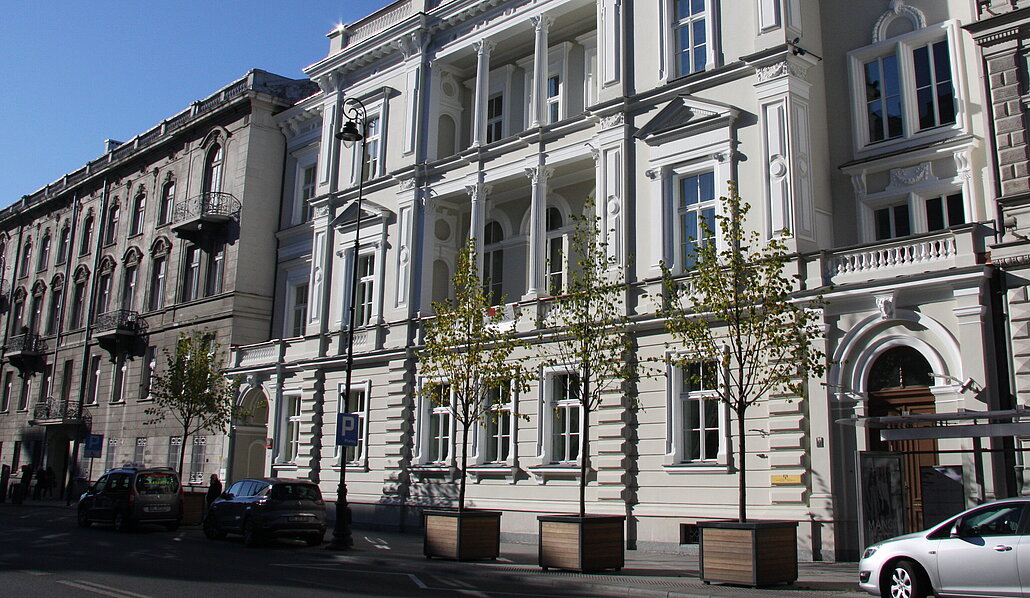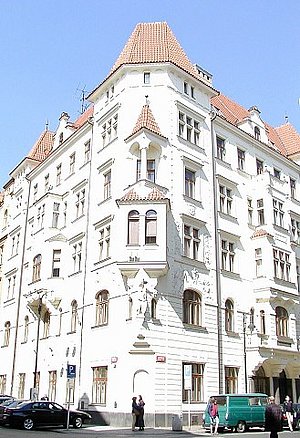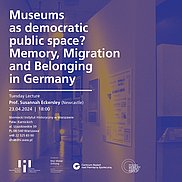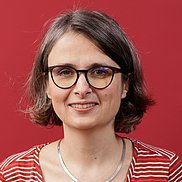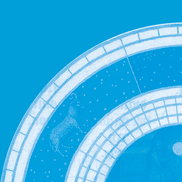In the 1960s, a new term denoting a state of physical and mental strain came into use in Czechoslovakia: stress (stres in Czech spelling). When people mentioned stress – until
about 1980 this was mainly the case in the circles of physicians and psychologists, then also in broader strata outside the world of experts – two interrelated messages often resounded:
First, the diagnosis of (expected or already manifest) accelerated social change as the source of stress, and second, the appeal to the individual to master this psycho-social challenge. “Stress” thus coupled assumptions about the state of the social world with an appeal to the individual for action - this made the concept conclusive and powerful. In the 1980s, practices of stress management (yoga, relaxation techniques, personal productivity strategies) became
more prevalent, and in the 1990s, such practices developed into a typical phenomenon of the post-socialist transformation. Learning to be stress resistant became a common goal
of working on the self in this period. In the lecture I will explore the social functions of stress-related practices in the 1980s as well as in post-socialism.
Jan Arend is assistant professor at the University of Tübingen. After studying history, eastern European history, Slavonic studies and political sciences in Basel and Munich, he graduated in 2017. 2017-2018 he worked as postdoctoral researcher at the Graduate
School for Eastern and Southeastern European Studies. He is the author of Russlands Bodenkunde in der Welt. Eine ost-westliche Transfergeschichte 1880–1945, Göttingen 2017.

